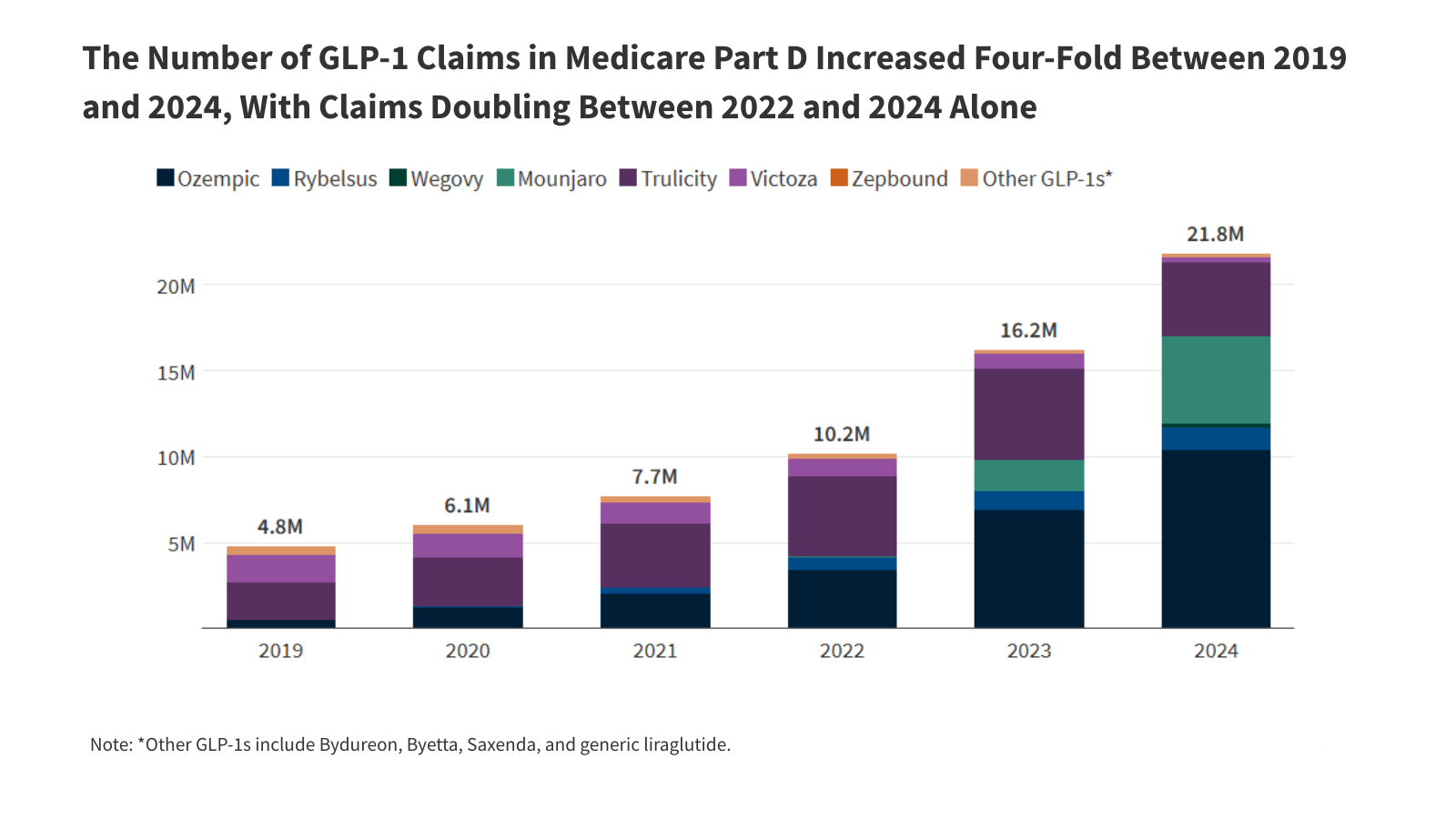The Center for Medicare and Medicaid Innovation (CMMI) will stop certain payment models by the end of the year.
Without going into specifics initially, the CMS Innovation Center said it conducted a “data-driven review” of all the agency’s models. Some of the models will “conclude as scheduled”, while others will stop by the end of 2025, a news release said. CMS said this should result in $750 million in savings, without giving more details.
The CMS Innovation Center will release a new strategy that is more aligned with the priorities of the new administration, but a timeline for that strategy’s publication was not given.
“CMS will help participants in the selected models to minimize disruption to their operations and the beneficiaries they serve,” the agency said.
One model that will see the axe is the Medicare $2 Drug List Model, which aimed to cap out-of-pocket generic drugs at $2 a month. This payment model was used to soften the blow of the termination of the Value-Based Insurance Design (VBID) Model, announced at the tail-end of the Biden administration.
“Additionally, CMS will continue to make drugs more affordable for millions of Americans, by continuing to implement improvements to the Part D benefit through provisions included in the Inflation Reduction Act (IRA) and through the proposed Medicare $2 Drug List Model, which CMS aims to start in January 2027,” a now-deleted section read on the CMS website until late February.
In President Donald Trump’s first week, an executive order from Biden was rescinded that created three payment models. One of the models was the $2 Drug List Model, in addition to the Cell and Gene Therapy Access Model and a model built to accelerate Food and Drug Administration (FDA) approval of drugs. A spokesperson later told Fierce Healthcare the executive order doesn’t rescind work underway at the Innovation Center.
CMMI models are borne out of the Affordable Care Act and test new payment models (PDF) to tackle rising costs and improve quality of care through Medicare, Medicaid and the Children’s Health Insurance Program (CHIP). There are 23 active models.
“As is the nature of innovation, not every model will work, and the center must be efficient and effective in its response,” said a CMS fact sheet.
In Maryland, the Total Cost of Care (TCOC) Model will end one year early, CMS confirmed. This model was praised by Brad Smith, the former head of CMMI under Trump, for its ability to generate savings, meet quality metrics and decrease hospitalizations, Fierce Healthcare reported.
“On March 12, 2025, CMS announced the intention to end Maryland Total Cost of Care as of December 31, 2025,” the agency said. “Subject to discussions with state authorities, the model will transition to the AHEAD Model and begin its implementation period in January 2026.”
The TCOC Model was based off of the Maryland All-Payer Model. CMS announced the AHEAD Model, based on the TCOC and All-Payer Model, in September 2023 and selected eight states eligible to receive $12 million.
Two primary care models—Making Care Primary (MCP) Model and the Primary Care First (PCF) Model—were cancelled. The MCP Model has 117 participants in Colorado, Massachusetts, Minnesota, New Jersey, New York, North Carolina and Washington and was expected to take place for 10 years starting in 2024. In 2021, CMMI pulled the seriously ill population component of the PCF Model after the model was temporarily delayed by the Trump administration.
“Primary care remains a foundational component of the center’s strategy,” said CMS. “The early termination of Primary Care First and Making Care Primary does not signal a retreat from the Center’s support of primary care providers, but rather a need to focus on different approaches that are consistent with the CMS Innovation Center’s statutory mandate and produce savings.”
Also ending is the End-Stage Renal Disease Treatment Choices Model, and the agency previewed future rulemaking to mark its demise.
“This early ending is to better align with the CMS Innovation Center’s statutory mandate and to protect taxpayers,” said CMS.
This value-based model was the first to address health equity, but it was not found to improve spending or detection of health condition disparities for underserved populations, an analysis (PDF) from 2022 shows, although CMS at the time felt it was too early to “form conclusions” about the model.
The Vermont All-Payer ACO Model and the Maternal Opioid Misuse Model will reportedly not be renewed at the end of the year.
Additionally, the department is looking at ways to “reduce the size” of the Integrated Care for Kids awards, which is meant to improve quality of care for individuals under 21 years of age covered by Medicaid through “prevention, early identification and treatment of behavioral and physical health needs.” Some of these participating programs extend into CHIP, and there is nearly $126 million in funding going to states and organizations.
Publisher: Source link









